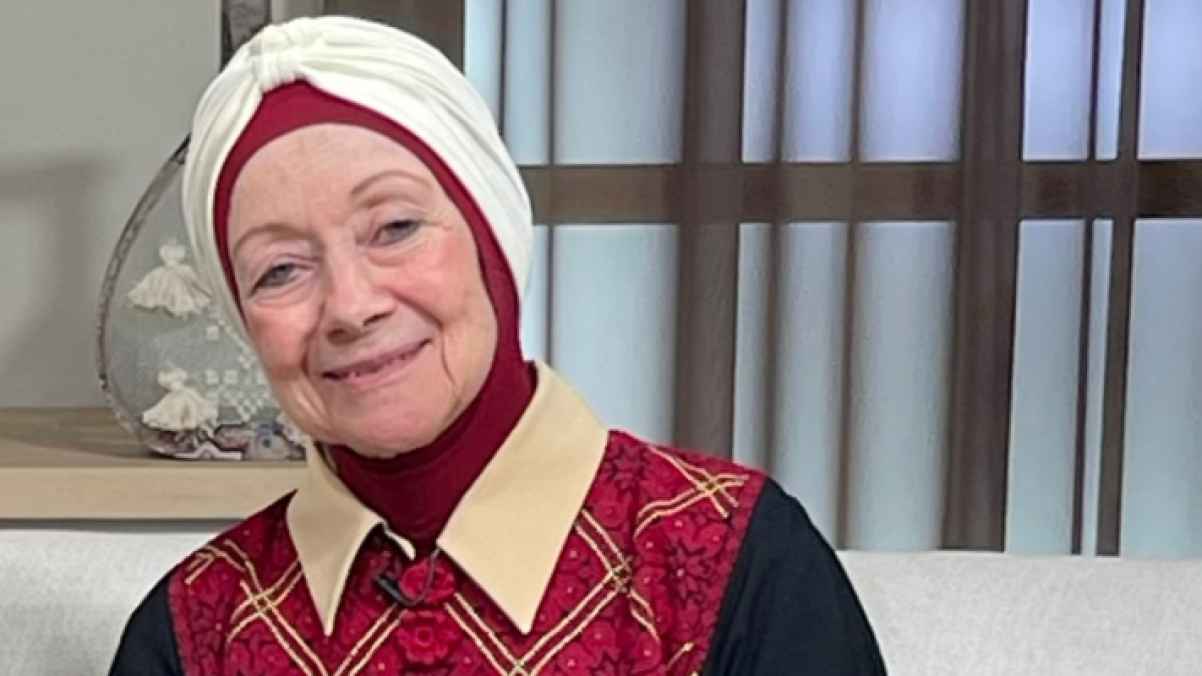Like a Match Ignited My Heart"… Palestinian Woman Recalls the Death of Her Mother and Child 52 Years After the Libyan Plane Tragedy"

Lutfia Dalal: "Minutes Before the Plane Fell, I Felt Like a Match Ignited in My Heart" Lutfia Dalal: "My Son Was Buried in Benghazi, and My Mother in Egypt"
She recalled a tragedy that the long years have not erased, revisiting the archive of her pain that still pulses in her heart. Her words turned into indescribable sorrow and grief, reflected in the eyes of the Palestinian woman from Acre, Lutfia Dalal.
In a deeply emotional interview on the program "Helwa Ya Dunia" aired every Friday on Roya TV, the woman, born in the year of the Nakba 1948, revealed the harrowing ordeal she endured over fifty years ago—a trauma that remains vivid to this day.
Dalal recounted the terrifying moments of February 21, 1973, when four Israeli Phantom jets attacked a Libyan civilian plane en route from Tripoli to Cairo, dropping napalm over the Sinai Desert. The plane was carrying only civilian passengers, mostly newlyweds and Egyptians returning home, including prominent figures such as Saleh Masoud Abu Yassir, Federal Minister of Information of the Union between Egypt, Syria, and Libya, and the famous Egyptian children's TV presenter Mama Salwa, Salwa Hegazy.
"I felt like a match ignited in my heart"
Lutfia Dalal narrated the final moments as if they happened yesterday. She was living in Libya with her husband while her mother, coming from Aleppo, was carrying her infant son Manhal, aged seven and a half months, to Damascus for temporary care. She recalled, tearfully: "I said, from my arms to mama’s arms, nothing else."
She explained that just minutes before the crash, all passengers were buckled in. Suddenly, four Israeli Phantom jets entered Egyptian airspace at a low altitude to evade radar, forcing the Libyan plane toward Sinai before bombing it with napalm, causing it to crash entirely.
Dalal said, "Minutes before the plane fell, I felt like a match ignited in my heart," confirming that her son Manhal, the youngest passenger, held Jordanian citizenship. Only two people miraculously survived: a Jordanian from the Khalili family and the Libyan co-pilot. Her husband had tried to shield her from the shocking news, telling her the plane had been hijacked, but she immediately realized: "My son and mother are in the hands of my enemy; their survival is impossible."
"Stronger and more resilient"
Lutfia concluded her touching account, saying that the tragedy made her stronger and more patient. She added: "I did not cry for Manhal out of weakness; I wrote about him in poetry of resilience, not of sorrow… I understand the endurance of Palestinian mothers today because I lived their pain." With a heavy heart, she added: "My son was buried in Benghazi, and my mother in Egypt, and I still feel my soul suspended between them."
This story is not merely a retelling of a tragic event but a testament to the resilience of a Palestinian woman who endured indescribable pain while preserving her willpower and love for life despite all the losses she faced.
